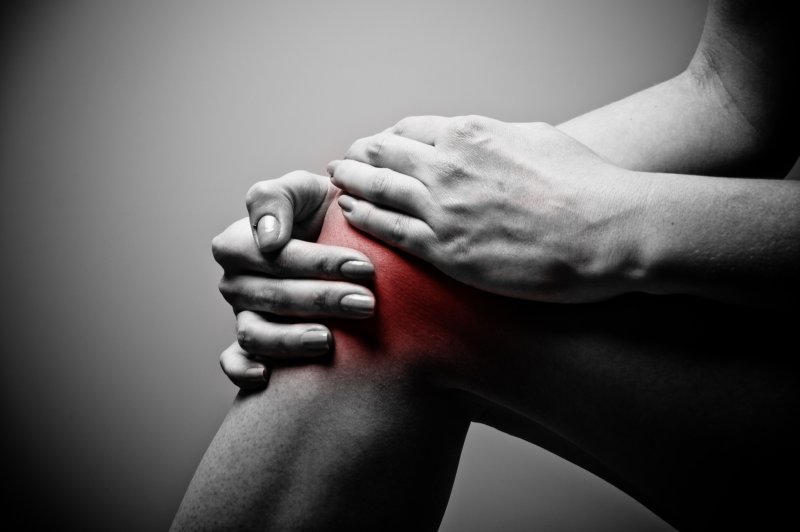People who are older than 65 receive little or no benefits in undergoing common knee surgery to remove cartilage. Photo by Esther Max/
Flickr
Feb. 28 (UPI) -- A common knee surgery to remove cartilage offers little or no benefit to people who are older than 65, according to an analysis of Medicare records.
Researchers at Johns Hopkins Medicine in Baltimore studied 121,624 knee arthroscopies performed on patients 65 and older, revealing in findings, published Tuesday in the Journal of the American Medical Association's Surgery, that arthroscopic partial meniscectomy has little to no benefit for older patients.
APM, which involves removing damaged, worn ends of the cartilage in knee joints, accounted for two-thirds of all orthopaedic knee arthroscopy procedures in older patients in 2016. An estimated 750,000 APMs overall are performed annually in the United States at a cost of $2,000 to $10,000 each, researchers report.
"Our study found that the same knee operation shown to have no benefit in treating degenerative disease in multiple trials is now one of the most common orthopaedic procedures in older Americans," Dr. Martin Makary, a professor of surgery at the Johns Hopkins University School of Medicine, said in
a press release.
Makary said patients can be spared the unnecessary operations, reducing the burden of health care use for rehabilitation and for complications related to surgery -- including complications from using opioid-based painkillers after the procedure.
Makary noted that multiple clinical trials showed that, compared with regular exercise and physical therapy, the procedure provides no additional benefit in older patients with meniscal tears linked to aging and everyday wear and tear. The APM is, however, worthwhile for patients with an acute, traumatic meniscal tear, which is often seen in younger people and athletes.
"These data suggest a significant and troubling disparity between evidence and practice for one of the most common operations performed in the United States," researchers wrote in the study. "First, a consumerist culture may be demanding the procedure (also referred to by patients as a 'knee washout' or 'meniscus shaving'). Second, the evidence may be in the slow-adoption phase because of the publication of multiple randomized clinical trials on this topic in recent years."
Among the Medicare cases, 6.9 percent of 286 high-volume arthroscopic knee surgeons never performed APM-only procedures, and 12.5 percent exclusively performed APM-only.
"The practice is not consistent with the evidence," said Dr. Greg Osgood, an assistant professor of orthopaedic surgery at the Johns Hopkins University School of Medicine.
Makary and Osgood both say these procedures are being done because of physicians' lack of knowledge about the evidence, disagreement with it or disregard for it.
"In light of a recent national physician survey we conducted suggesting that 21 percent of all medical care may be unnecessary, better metrics of appropriateness in medicine are needed," Makary said.
"The proportion of a surgeon's arthroscopies that are APM-only procedures in older patients is a telling metric of low-value care."
The researchers noted that because the study only examined Medicare patients, the true magnitude of surgery overuse in the United States might be higher.















